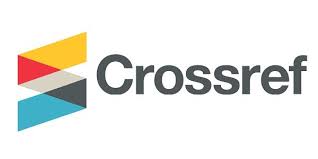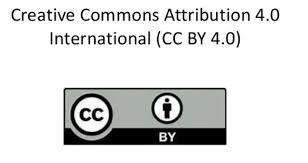Evaluation of existing feed act and way forward to its development in Bangladesh
DOI:
https://doi.org/10.47440/JAFE.2020.1410Keywords:
Feed act, livestock development, safe food, action plan, Bangladesh.Abstract
The study was conducted to evaluate present status and the gaps of the existing feed act and to recommend the output to the concerned policy makers of the Government of Bangladesh. Among the existing act, feed act was considered for investigation. Research gaps were addressed through published data, SWOT analyses, structured questionnaires survey, FGDs (Focus Group Discussions) and Key Informant Interviews (KIIs). The study was carried out in seven divisions of Bangladesh namely Dhaka, Chittagong, Rajshahi, Khulna, Sylhet, Barisal and Rangpur. Total 237 representative samples (covering all stakeholders like farmers, dealers and distributors, Govt. officials, feed mill owners) were interviewed from selected seven divisions. Three FGDs and 50 KIIs were administered with different stakeholders. Descriptive statistics like percentage, mean, ranks, bar and pie chart were used for data analyses. Binary logistic regression and Z test were also used to identify the variables influencing the act. SPSS 20 software was used for data analyses. From the findings it
reveals that the authority is not functioning properly due to lack of action plan and monitoring cell. Act itself faulty in respect of filing case with DLS permission, terms of punishment, nature of bail, lack of magistracy power of DLS officials, lack of feed and medicine analyses laboratory. Lack of enforcement of law for controlling adulterated, harmful, expiry dated feed, counterfeit labeling over the bag and maintenance of feeding standard and license. Lack of feed certification authority is visible. Act should be updated time to time to address the field based need. Farmers should get subsidy from
Govt. Course curricula at university and school level should be restructured incorporating the livestock feed act. The use of growth promoters, hormone, tannery waste products and antibiotic in feed should be restricted. Mass media and Consumer Association of Bangladesh (CAB) should come forward to create awareness. The educated farmers have higher probability (p<0.05) of getting known to the feed act. Act should be implemented on step by step basis targeting a period. Govt. should enforce action plan by implementing acts considering organic and safe food showing zero tolerance to offenders. If policy is implemented ensured not only nutritional security, food safety and sustainable animal production but also livestock business and industry people will be benefitted and consumer will get safe food. Therefore, proper implementation of act will ensure the development of livestock and poultry sector in Bangladesh.






 Publisher:
Publisher: 